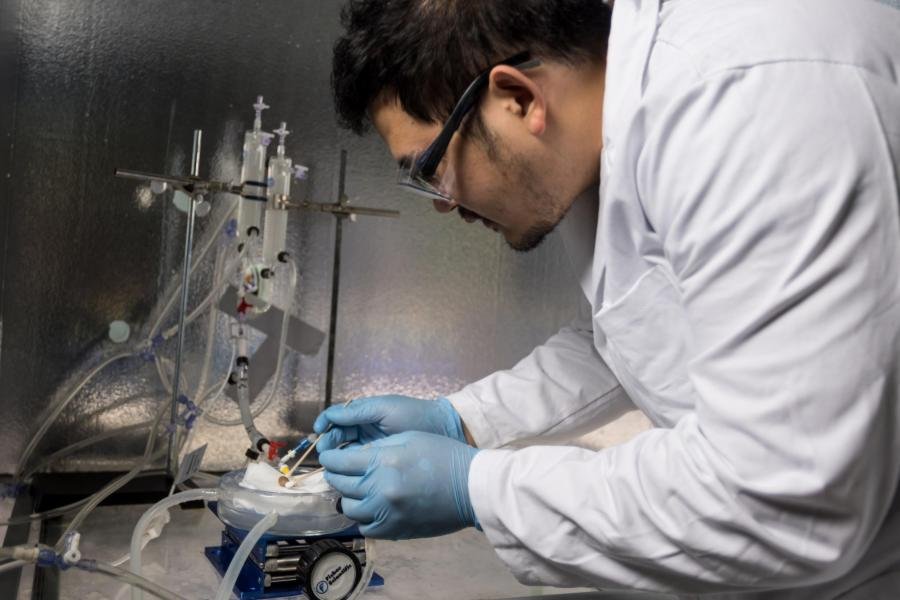Researchers perform first successful transplant of functional cryopreserved rat kidney

June 30, 2023 – In a groundbreaking new study, engineers and medical researchers at the University of Minnesota Twin Cities have proven the life-saving potential of long-term organ preservation at ultra-low temperatures by successfully transplanting a rewarmed kidney in a rat and restoring full kidney function.
The research, published in Nature Communications, has the potential to save thousands of human lives by enabling long-term storage of organs for transplantation. Prof. John Bischof — a professor with the Department of Biomedical Engineering, director of the University of Minnesota Institute for Engineering in Medicine, and the study’s co-senior author — says:
“This is the first time anyone has published a robust protocol for long-term storage, rewarming, and successful transplantation of a functional preserved organ in an animal. All of our research over more than a decade and that of our colleagues in the field has shown that this process should work, then that it could work, but now we’ve shown that it actually does work.”
In the study, authored by postdoctoral researchers Zonghu Han (UMN Department of Mechanical Engineering) and Joseph Sushil Rao (UMN Department of Surgery), the team showed that rat kidneys can be cryogenically stored for up to 100 days, successfully rewarmed, cleared of cryoprotective fluids and nanoparticles, and transplanted into rats. When the kidneys were transplanted, the five rat recipients were able to restore full kidney function within 30 days without additional interventions.